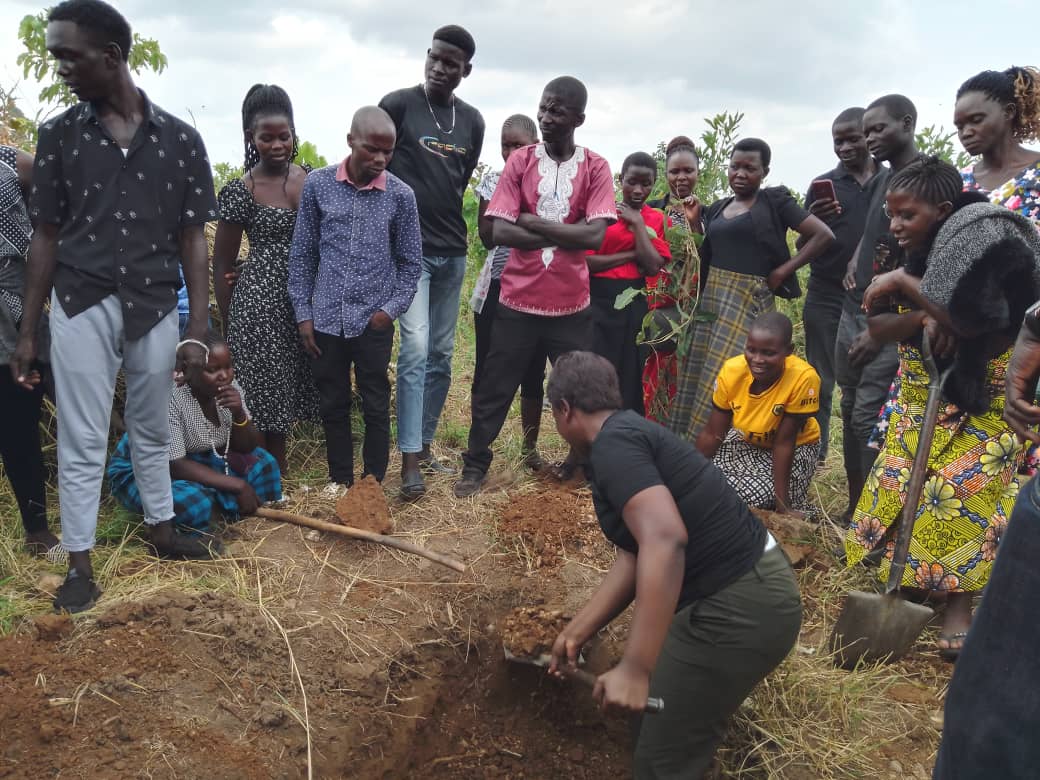
How Traditional Knowledge and Earthenware Are Tackling Plastic Waste
The global challenge of plastic pollution is one of the most pressing environmental issues of our time. In response, many communities and organizations are seeking innovative ways to reduce the use of non-biodegradable materials. At AGONET, we have taken a unique approach that blends traditional knowledge with modern environmental needs through the introduction of earthenware production.
In our latest initiative, we trained 50 individuals in the art of making earthen pots and utensils—biodegradable, sustainable alternatives to plastic. This initiative is part of a broader effort to integrate agroecology practices with waste management, using ancient skills to solve contemporary environmental problems.
Why earthenware? These products are made from natural materials that return to the earth without harming the environment. Unlike plastics, which take hundreds of years to decompose, earthenware breaks down naturally, leaving no toxic residue behind. By promoting the use of these traditional materials, we are not only reducing waste but also reviving a craft that has deep cultural significance.
This program also has a strong economic component. The individuals trained in earthenware production are now able to sell their products locally, providing a new source of income. This form of economic empowerment is vital, especially in regions where opportunities are limited. Moreover, the Centre itself will benefit from the sale of these products, raising funds to further its mission of environmental conservation and sustainable development.
The beauty of this initiative lies in its simplicity. By looking to the past and embracing traditional knowledge, we are finding practical solutions to modern challenges. The earthenware project is a small but significant step toward a greener, more sustainable future. It serves as a reminder that the answers to some of our most complex problems may be closer than we think, rooted in the wisdom of generations before us.
As we continue to expand this program, we invite donors and supporters to join us in scaling this initiative. Together, we can create lasting change—supporting livelihoods, protecting the environment, and building a future where sustainability is at the heart of development.
